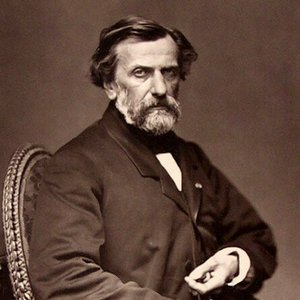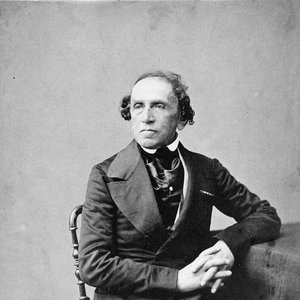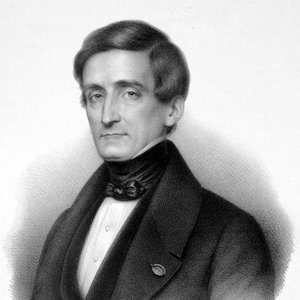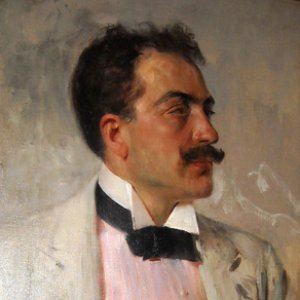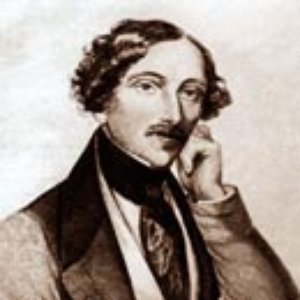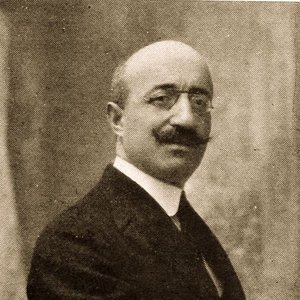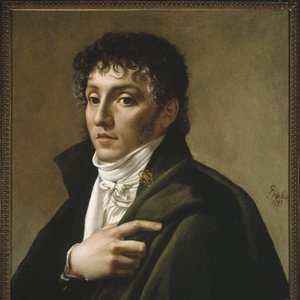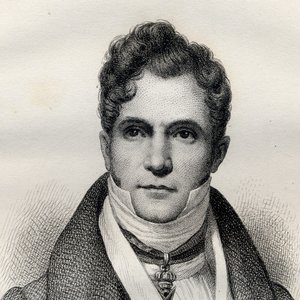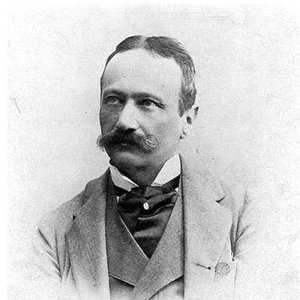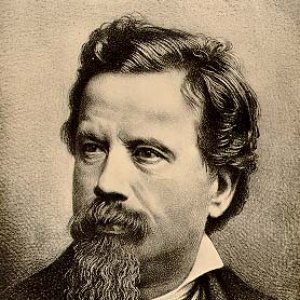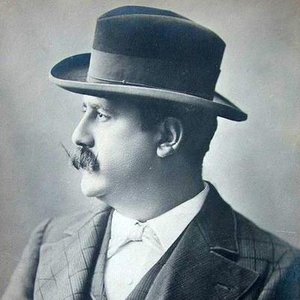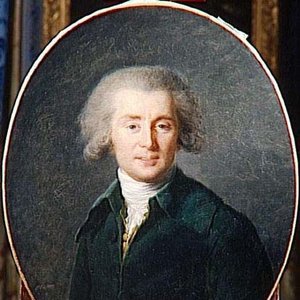Biography
-
Born
27 May 1799
-
Born In
Paris, Île-de-France, France
-
Died
17 March 1862 (aged 62)
Jacques-François-Fromental-Élie Halévy (27 May 1799 – 17 March 1862) (usually known as Fromental Halévy) was a French composer. He is known today largely for his opera La Juive.
Halévy was born in Paris, the son of a cantor, Elie Halfon Halévy, who was the secretary of the Jewish community of Paris, a writer and a teacher of Hebrew, and a French Jewish mother. The name Fromental, by which he was generally known, reflects that he was born on the feast-day of that name in the French Revolutionary calendar which was still operative at that time. He entered the Paris Conservatoire at the age of nine or ten (accounts differ), in 1809, becoming a pupil and later protegé of Cherubini. After two second-place attempts, he won the Prix de Rome in 1819: his cantata subject was Herminie.
As he had to delay his departure to Rome because of the death of his mother, he was able to accept the first commission that brought him to public attention - a ' Marche Funebre et De Profundis en Hebreu ' for three part choir, tenor and orchestra, which was commissioned by the Consistoire Israélite du Département de la Seine, for a public service in memory of the assassinated duc de Berry, performed on 24 March 1820. Later, his brother Léon recalled that the De Profundis, "infused with religious fervor, created a sensation, and attracted interest to the young laureate of the institute."
Halévy was chorus master at the Théâtre Italien, while he struggled to get an opera performed. Despite the mediocre reception of L'artisan, at the Opéra-Comique in 1827, Halévy moved on to be chorus master at the Opéra. The same year he became professor of harmony and accompaniment at the Conservatoire, where he was professor of counterpoint and fugue in 1833 and of composition in 1840. He was elected to the Institut de France in 1836.
With his opera La Juive, in 1835, Halévy attained not only his first major triumph, but gave the world a work that was to be one of the cornerstones of the French repertory for a century, with the role of Eléazar one of the great favorites of tenors such as Enrico Caruso. The opera's most famous aria is Eléazar's "Rachel, quand du Seigneur" . Its orchestral ritornello is the one quotation from Halévy that Berlioz included in his Treatise on Instrumentation, for its unusual duet for two cor anglais. It is probable however that this aria was inserted only at the request of the great tenor Adolphe Nourrit, who premiered the role and may have suggested the aria's text. La Juive is one of the grandest of grand operas, with major choruses, a spectacular procession in Act I, and impressive celebrations in Act III. It culminates with the heroine plunging into a vat of boiling water in Act V. Mahler admired it greatly, stating: "I am absolutely overwhelmed by this wonderful, majestic work. I regard it as one of the greatest operas ever created". Other admirers included Wagner who wrote an enthusiastic review of its premiere for the German press. (Wagner never showed towards Halévy the anti-Jewish animus that was so notorious a feature of his writings on Meyerbeer and, to a lesser extent, on Mendelssohn).
After La Juive Halévy's real successes were relatively few, although at least three operas, L'éclair, La reine de Chypre and Charles VI should be mentioned. Heine commented that Halévy was an artist, but 'without the slightest spark of genius'. He became however a leading bureaucrat of the arts, becoming Secretary of the Académie des Beaux-Arts and presiding over committees to determine the standard pitch of orchestral A, to award prizes for operettas, and so on.
Halévy's cantata Prométhée enchaîné was premiered in 1849 at the Paris Conservatoire, and is generally considered the first mainstream western orchestral composition to use quarter tones.
Halévy died in retirement at Nice, leaving his last opera, Noé, unfinished. It was completed by his son-in-law, Georges Bizet, but was not performed until 10 years after Bizet's own death.
Artist descriptions on Last.fm are editable by everyone. Feel free to contribute!
All user-contributed text on this page is available under the Creative Commons Attribution-ShareAlike License; additional terms may apply.

